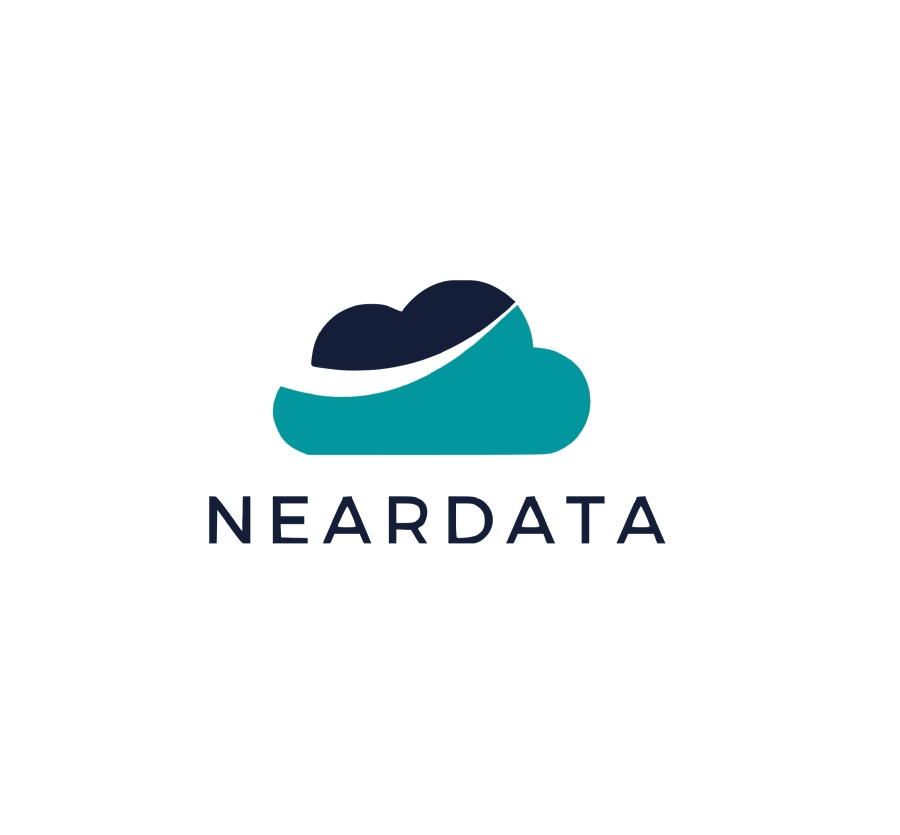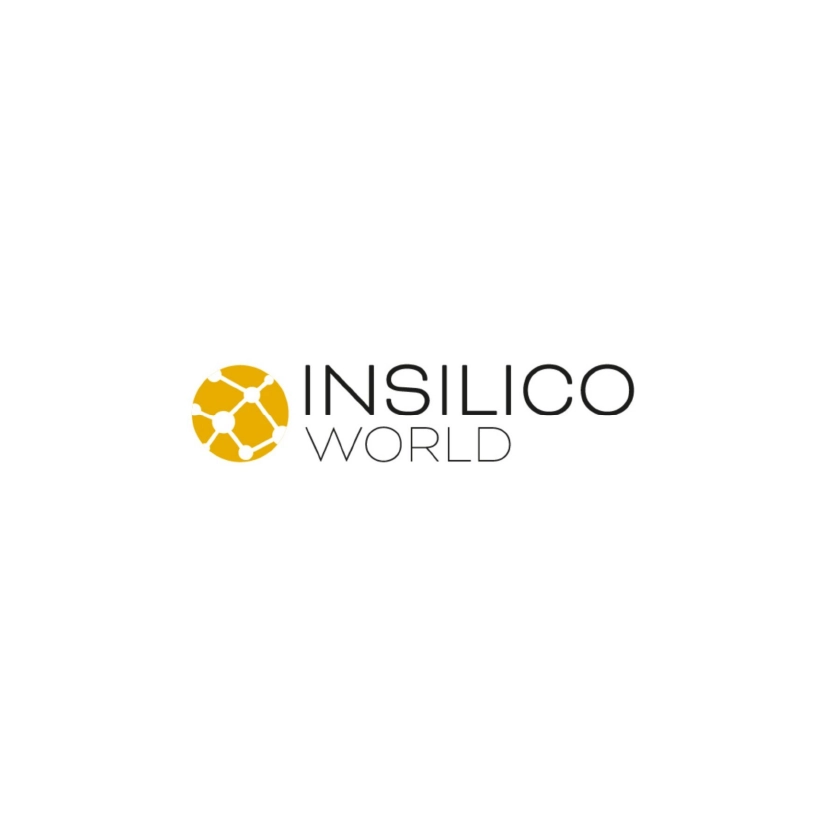International grants
- InSilicoHealth (2025 – 2029)
- GEMINI (2023 – 2029)
- ThromboRisk (2026 – 2030)
- NearData (2023 – 2025)
- InSilicoWorld ISW (2021 – 2024)
- Teaming for Excellence (2019 – 2026)
InSilicoHealth
InSilicoHealth is a European doctoral training programme that combines virtual human twin research, interdisciplinary education, and industry collaboration to address healthy aging—while critically exploring the ethical and societal dimensions of digital health innovation.
Duration: 1 January 2025 – 31 December 2029
Project lead: Maciej Malawski (Extreme-scale Data and Computing)
Coordinated by: KATHOLIEKE UNIVERSITEIT LEUVEN

GEMINI
GEMINI is a project which promises to save lives and enhance the well-being of stroke patients, as it aims at improving diagnosis and treatment for acute ischaemic and haemorrhagic stroke.
This aim will be achieved by developing patient-specific decision-making tools and well-established models that can accurately assist in the diagnosis and stratification of stroke patients for tailored treatments.
Multi-organ and multi-scale Digital Twins models will be developed to improve our understanding of and support personalised treatment selection for this severe condition.
Work package:
Sano is responsible for quality assurance (QA) and ensuring proper verification and validation of software that encapsulates computational models of various types of strokes. For Sano, it is a third EC-funded project, along with the ongoing In Silico World and NearData projects.
GEMINI project website: dth-gemini.eu
Duration: 01.12.2023 – 30.11.2029
Project lead: Marian Bubak (Scientific Affairs Director)
Partners/ List of collaborators:
- National Taiwan University (TW)
- Academisch Medisch Centrum Bij de Universiteit van Amsterdam (AMC) – Coordinator (NL)
- AMC Medical Research BV (NL)
- University of Amsterdam (NL)
- Erasmus Universitair Medisch Center Rotterdam (NL)
- Politecnico di Milano (IT)
- Neuravi Limited (IE)
- National University of Ireland Galway (IE)
- Universidad Pompeu Fabra (ES)
- Budapesti Műszaki és Gazdaságtudományi Egyetem (HU)
- Ansys France SAS (FR)
- Sano – Centrum Zindywidualizowanej Medycyny Obliczeniowej – Międzynarodowa Fundacja Badawcza (PL)
- Rheinische Friedrich-Wilhelms-Universität Bonn (DE)
- Insteps BV (NL)
- Nico-Lab BV (NL)
- Sim&Cure (FR)
- Akademia Górniczo-Hutnicza im. Stanisława Staszica w Krakowie (PL)
- Les Hôpitaux Universitaires de Genève (CH)
- Zürcher Hochschule für Angewandte Wissenschaften (CH)
ThromboRisk
MSCA Doctoral Networks
“Thrombosis, an occlusive clot underlying ischemic stroke, myocardial infarction and venous thrombosis, causes a quarter of global deaths, with incidence rising due to aging and cardiovascular disease. Limited understanding of clot formation and rupture hinders patient-specific prognosis, and current treatments still face recurrence and unclear effects on fragmentation. Effective prediction requires integrating multi-scale knowledge using in silico, in vitro and in vivo tools, yet few experts can build such holistic models. ThromboRisk will train 18 doctoral candidates across mechanobiology, biochemistry, pathophysiology and modeling in an international consortium to create platforms linking micro-level clot processes to macro-level clinical outcomes. Using Challenge-Based Learning, DCs will tackle complex real-world problems with supervisors and stakeholders, fostering creativity, innovation and societal impact.
Sano will train 2 PhD students: 1. The role of musculoskeletal system and respiration on deep vein thrombosis – modelling lower limb haemodynamics; 2. AI-enhanced efficient sensitivity analysis and uncertainty quantification in multi-scale modelling.
Duration: 1.02.2026 – 31.01.2030
Project led: Maciej Malawski
Coordinator: TECHNISCHE UNIVERSITEIT EINDHOVEN
Participants: https://cordis.europa.eu/project/id/101227706
- Charité – Universitätsmedizin Berlin (Germany)
- Katholieke Universiteit Leuven (Belgium)
- Universitatea Transilvania din Brasov (Romania)
- Universiteit Maastricht (Netherlands)
- Universiteit van Amsterdam (Netherlands)
- University College London (United Kingdom)
- University of Leeds (United Kingdom)
Ammount of funding: € 4 436 514,36 (Sano: € 502 301,52)

NEARDATA
The goal of NEARDATA is to create an extreme data infrastructure mediating data flows between Object Storage and Data Analytics platforms across the Compute Continuum. Novel XtremeDataHub platform is an intermediary data service that intercepts and optimises data flows (S3 API, stream APIs) with high performance near-data connectors (Cloud/Edge).
Sano Team is responsible for:
- Developing a pipeline for building transcriptomics atlas of selected tissues/diseases, with the use of HPC and Cloud technologies;
- Federated Learning framework – a set of tools for running Federated Learning experiments on large scale genomics data.
NEARDATA project website: https://neardata.eu/
Duration: 01 January 2023 – 31 December 2025
Project lead: Maciej Malawski (Extreme-scale Data and Computing)
Partners/ List of collaborators:
- UK Health Security Agency (UK)
- Universitat Rovira i Virgili (ES) – Coordinator
- Barcelona Supercomputing Center (ES)
- Technische Universität Dresden (DE)
- Deutsches Krebsforschungszentrum Heidelberg (DE)
- European Molecular Biology Laboratory (DE)
- EMC Information Systems International Unlimited Company (IE)
- KIO Networks España SA (ES)
- Sano Centre for Computational Medicine (PL)
- Scontain GMBH (DE)

In Silico World (ISW)
The In Silico World project aims at accelerating the uptake of modelling and simulation technologies used for the development and regulatory assessment of medicines and medical devices, by lowering seven identified barriers: development, validation, accreditation, optimisation, exploitation, information, and training.
This initiative employs computer models that leverage experimental data for hypothesis testing and outcome prediction.
Work package:
Scalability and efficient computing (WP5 led by Sano)
This package focuses on creating a sophisticated, user-friendly simulation platform that ensures the repeatability, replicability, and reproducibility of simulation outcomes. It also aims to facilitate efficient access and utilization of computational and storage capacities, both locally and within major European e-infrastructures like PRACE, EOSC, Eudat, and upcoming EuroHPC initiatives.
ISW (In Silico World) project website: https://insilico.world/
Duration: 1 January 2021 –31 December 2024
Project lead: Marian Bubak (Scientific Affairs Director)
Partners/ List of collaborators:
- Alma Mater Studiorum – Università di Bologna (IT) – Coordinator
- Universiteit van Amsterdam (NL)
- Technische Universiteit Eindhoven (NL)
- Università degli Studi di Catania (IT)
- Virtual Physiological Human Institute for Integrative
- Biomedical Research VZW
- Katholieke Universiteit Leuven (BE)
- Insilicotrials Technologies SRL
- Universite de Liege (BE)
- Erasmus Universitair Medisch Centrum Rotterdam (NL)
- Budapesti Muszaki es Gazdasagtudomanyi Egyetem (HU)
- Din Deutsches Institut Fuer Normung E.V. (DE)
- Mimesis SRL
- Rsscan International NV (BE)
- Sano – Centre for Computational Medicine (PL)
Teaming for Excellence
The goal of the Teaming for Excellence initiative is to establish a world-class research and innovation hub in Kraków, Poland. The Centre will focus its activities on computational diagnostics, a field at the forefront of technological transformation in healthcare. By leveraging advanced statistical models, machine learning, and large-scale data analysis, it will play a pivotal role in the prevention, diagnosis, and treatment of complex diseases.
The Centre aims to streamline healthcare systems, reduce treatment costs, and improve patient outcomes across Europe. As a catalyst for change, it seeks to reshape the future of medicine through computational innovation.
Strategic Objectives:
- Conduct advanced research and development in personalised diagnostics and treatment.
- Support the healthcare industry through modern, high-impact technological solutions.
- Accelerate the transfer of knowledge and technology within the healthcare sector.
- Attract investment, foster start-ups, and promote international collaboration.
Teaming project website: https://cordis.europa.eu/project/id/857533
Duration: 1 August 2019 – 31 July 2026
Project lead: Maciej Malawski (Research Team Leader of Extreme-scale Data and Computing)
H2020-EU.4.a. – Teaming of excellent research institutions and low performing RDI regions
Partners/ List of collaborators:
- Centre for New Methods in Computational Diagnostics and Personalised Therapy – Centre (PL) – Coordinator
- Narodowe Centrum Badań i Rozwoju NCBR (PL)
- Forschungszentrum Jülich GmbH – FZJ (DE)
- Akademia Górniczo-Hutnicza im. Stanisława Staszica w Krakowie (PL)
- Akademickie Centrum Komputerowe Cyfronet – Cyfronet (PL)
- Fundacja Klaster LifeScience Kraków – KLSK (PL)
- Fraunhofer–Gesellschaft zur Förderung der angewandten Forschung e.V – Fraunhofer (DE)
- The University of Sheffield – USFD (UK)

